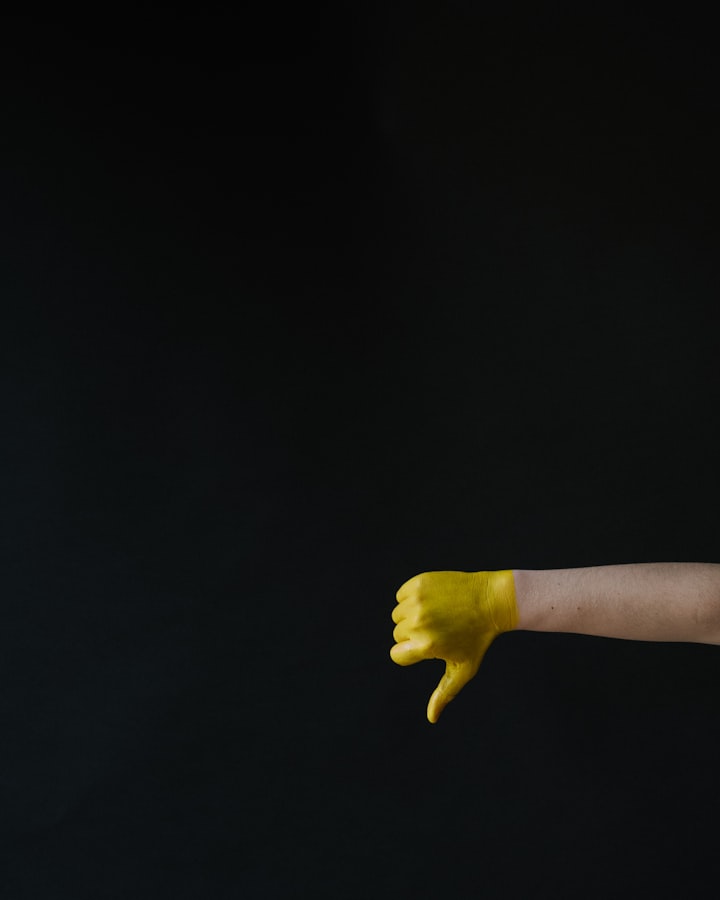Is The Illusion Of Luxury Brands Making You Stupid?
Psychological insights into the obsession towards luxury purchases

This morning, I was on my table sipping coffee and browsing on AliExpress, one of the most popular Chinese retail applications. Among many aesthetic clothes, accessories and jewellery, one can also find the dupes of almost all of the products from major luxury brands. What’s more, you can also add to your cart, a brand new electric car, or even a medium-sized DIY house!
Going through the feed, I stumbled across the knockoff of the classic Chanel product; the most commonly owned black caviar-quilted side bag! I was in awe, as owning something like this would be years away for a youngster like me… I googled about it. Turns out that the original piece is worth almost 10,000 in Canadian dollars! And here on AliExpress, you can get a duplicate for merely $40…
I scroll down the product information of the dupe, to look at the reviews. Seems like there are many who bought it, because the product specifications are very tempting. The leather isn’t original, but almost all the reviews tell how durable the material is. The logo is similar by design and dimension to the original, and so are the overall measurements of the bag. Even the stitches look uncannily similar to the actual piece!
Now obviously, this seemed like the best deal out there for someone who is as broke as myself, but somehow my mind was not letting me buy it. It took a while for me to come to my senses, so I put my phone down and started thinking… Why is it that I don’t want to bag this incredible deal?
Is it because it is a fake?
It seems 99% similar to the original, from the many pictures posted by the ones who bought it. One might have to look at the last of the minute stitches to prove that it isn’t the real deal!
Is it because it is cheap?
Hell, no! I am quite frugal, if not anything else!
Is the material not good enough?
Well, the numerous reviews of the product emphasize on the material quality… What’s more, it can carry the same amount of stuff in it as the original. After all, the functionality is the same!!!
Is it a bad investment?
Absolutely! And so is the original. As soon as you touch it after buying, its resell value meets a countdown…
For some strange reason, these answers weren’t enough to convince my mind. ‘Is there something else adding to this dilemma?’, I asked myself. Contemplating further, I arrived at a conclusion:
The dupe can never provide me with the same self-esteem that comes from owning the original!
Now the question arises, why is it that I feel the need to draw self-esteem from owning a bag that is way too expensive for a lower middle-class person like me? Am I trying to undermine my self worth to a mere $10,000? Or does owing an expensive accessory alleviate my status? Why is it that the kind of brand you possess, have to do with self-validation? And finally, why is the luxury market thriving amid rising inflation rates, post-pandemic poverty, and household debt? Let’s do a factual check:
The illusion of ‘higher the price, higher the quality’
Shoppers aren’t often rational when it comes to their purchases. Shopping decisions are often influenced by incredible marketing tactics of brands, which include well-trained sales persons in stores, social media pages designed to make products look sleek, intriguing taglines, a well-lit retail outlets, in addition to excessive advertising. Judgemental abilities take a backseat when it comes down to purchasing goods to show-off.
People often assume that they pay big for the quality that they get. Well, it’s just a covert manipulative trick that the brand marketing strategy pulls on you!
The hefty price you pay for a seemingly ordinary looking item at a luxury store, not only includes its actual value, but also numerous other prices added into it, such as the purchase share of the brand name, the work done on it, the packaging that it comes in, import charges of the materials, etc. On top of that, a heavy tax is slapped onto the final price, upon checkout.
All you have to do is to subtract all these factors from the final price, and then you come to realize that, the actual quality of the product is far from how much you pay for it!
The false feeling of self-esteem
I am not sure if you have noticed this. An average consumer of luxury goods often cannot easily afford the purchases that they make. Many of my close friends who own a lot of luxury items, purchased each of them, from their savings of two months or more. Although the living conditions of most of them aren’t luxury by any means, owning some pricey goods, from some of the top brands, they say, gives them have a strange sense of self-esteem.
Spending a large portion of one’s hard-earned salary on a small, but branded item instills an illusion of self-esteem in the buyer. This often derives from the fact that, the item that they possess cannot be easily acquired by their peers, who are in the same income bracket as the buyer.
Upon owning a luxury product, common folk tend to think that they have alleviated their status to a higher one, compared to where they were. They feel more unique than the people in their circle, who do not own a product of the same price. Thus, luxury brands are able to sustain their market visibility and profits, by capitalizing on this type of psychological pattern shown by the middle-class consumers, who are way more in number than their target market, which is the upper-class.
There are other reasons which trigger the impulsive purchases of luxury goods, such as the innate liking and appreciation for the brand design, the quality, craftsmanship, durability, the “woke” values that the brand holds, and the causes it is rooting for.
Now, coming back to the dilemma of purchasing a luxury dupe over the overly priced original, studies prove that people would choose the original over the fake, 99% of the time. Consumers tend to put immense value on the authenticity of the product that they purchase for a higher price. A myriad of factors including childhood poverty, societal conditioning, peer pressure, the influence of social media, etc. may have a direct or indirect influence in this decision of theirs.
In the modern world, where the person who looks good sells better, luxury brands promise us an overrated and fake sense of happiness, which is short-lived until it’s time to own the upcoming piece that is being released. This never-ending greed, helps the brand be relevant in the market. Moreover, branded goods often displays the brand logo and/or the signature of the designer on them, thus making the user a free, walking advertisement for the brand!
I turn on my phone again, and pull up the app to take one last look at the dupe. It appears to be some plain-looking design which sells for an unbelievable price online. I scroll down to find out there are a lot more prettier items for the same price, all of which don’t flaunt an appealing brand name! Happily, I add one to my cart, and continue browsing.
About the Creator
Enjoyed the story? Support the Creator.
Subscribe for free to receive all their stories in your feed. You could also pledge your support or give them a one-off tip, letting them know you appreciate their work.
Reader insights
Nice work
Very well written. Keep up the good work!
Top insights
Easy to read and follow
Well-structured & engaging content
Expert insights and opinions
Arguments were carefully researched and presented
Heartfelt and relatable
The story invoked strong personal emotions





Comments
There are no comments for this story
Be the first to respond and start the conversation.